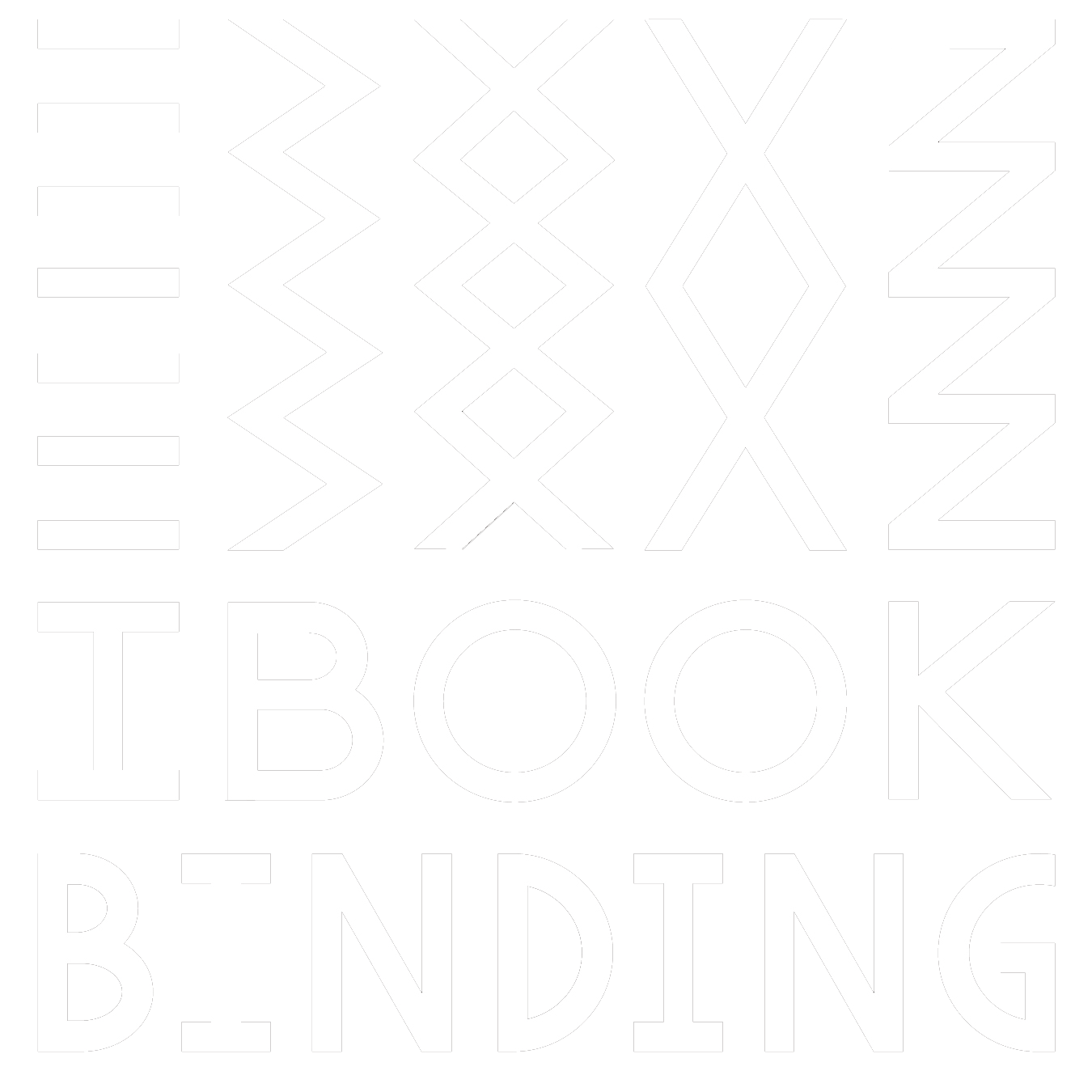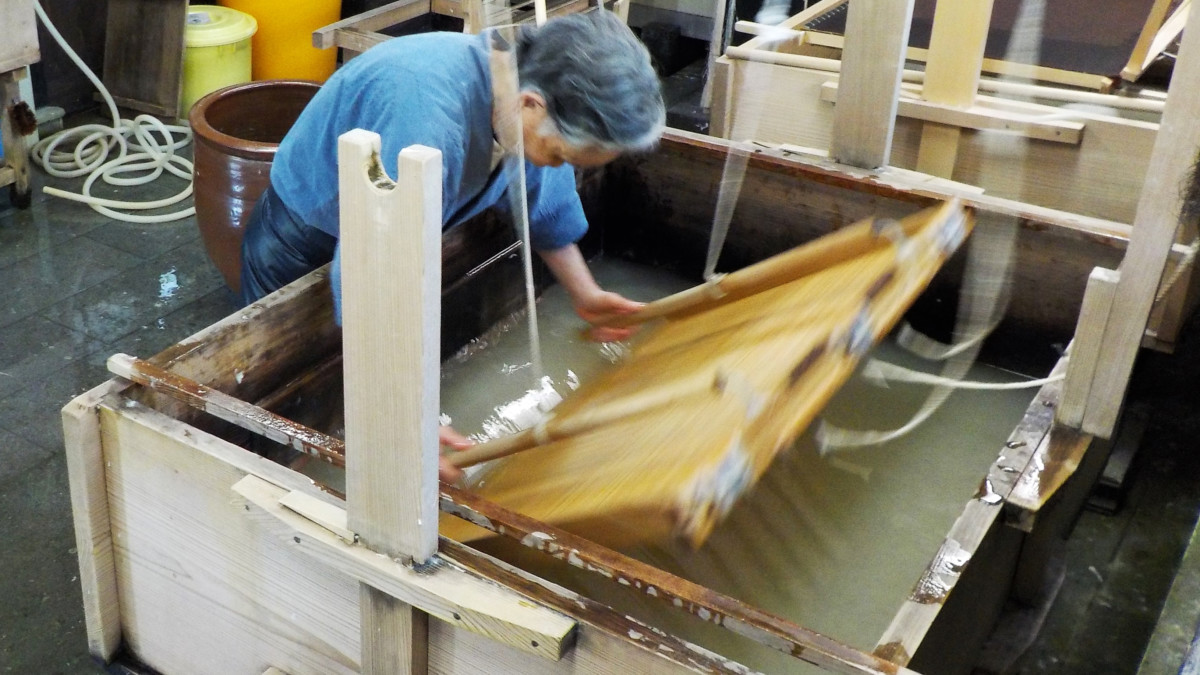Washi – An Ancient Material is Being Put to a Bookish Use
Washi is the traditional Japanese paper that has long been a hallmark of Japanese daily life. Used for everything from writing to the iconic Japanese screen construction, it is falling out of favor as Japanese society westernizes. However, some makers of washi remain hopeful that the unique properties of washi will gain it new popularity as it is put to use in the conservation of rare and valuable art and paper items.
One of these artisans, quoted in a recent article in the Jakarta Post (link here), is Hiroyoshi Chinzei. A Seattle business school graduate who returned to his family’s traditional craft despite the decline in demand for the paper. In his shop, washi is manufactured through a laborious handmade process using long-fibered plants such as kozo, or mulberry. It allows the material to retain integrity in a way that western paper does not. The latter quickly disintegrates into tiny pieces when it reaches old age.
Washi is often dubbed “the world’s thinnest paper.” Chinzei’s variety, tengu-joshi washi, is 0.02 millimeters thick and weighs 1.6 grams per square meter. As opposed to standard paper, which is thicker and weighs 70 grams per square meter.
Chinzei sees washi as offering a solution to conservation problems unaddressed by traditional paper. Washi, for example, is so flexible that it can fit into the crevices and nooks of intricate statues in a way that other papers cannot.
Since sheets of washi paper are uniquely translucent, washi can be used to sandwich decaying pages, reinforcing them while ensuring visibility of the encased text.
Naturally, materials come in and out of fashion. However, with these remarkable abilities to its advantage, it is not surprising if Chinzei’s craft continues to be relevant and useful, whether that be in conservation or elsewhere. And in that, there’s still room for hope.
Read More
Top image: Papermaking at “Kodate’s Craft Museum” in Echizen City, Fukui Prefecture by Wikipedia user TR15336300101 CC BY-SA
Please Support us on Patreon!
 The minimum level of contribution is only $1 per month.
The minimum level of contribution is only $1 per month.
Moreover, starting with the pledge level of $3, you will get a digitized vintage book about bookbinding, book history, or book arts each month from us!
These pledges help iBookBinding to continue its work and bring more information about bookbinding and book arts to you!


